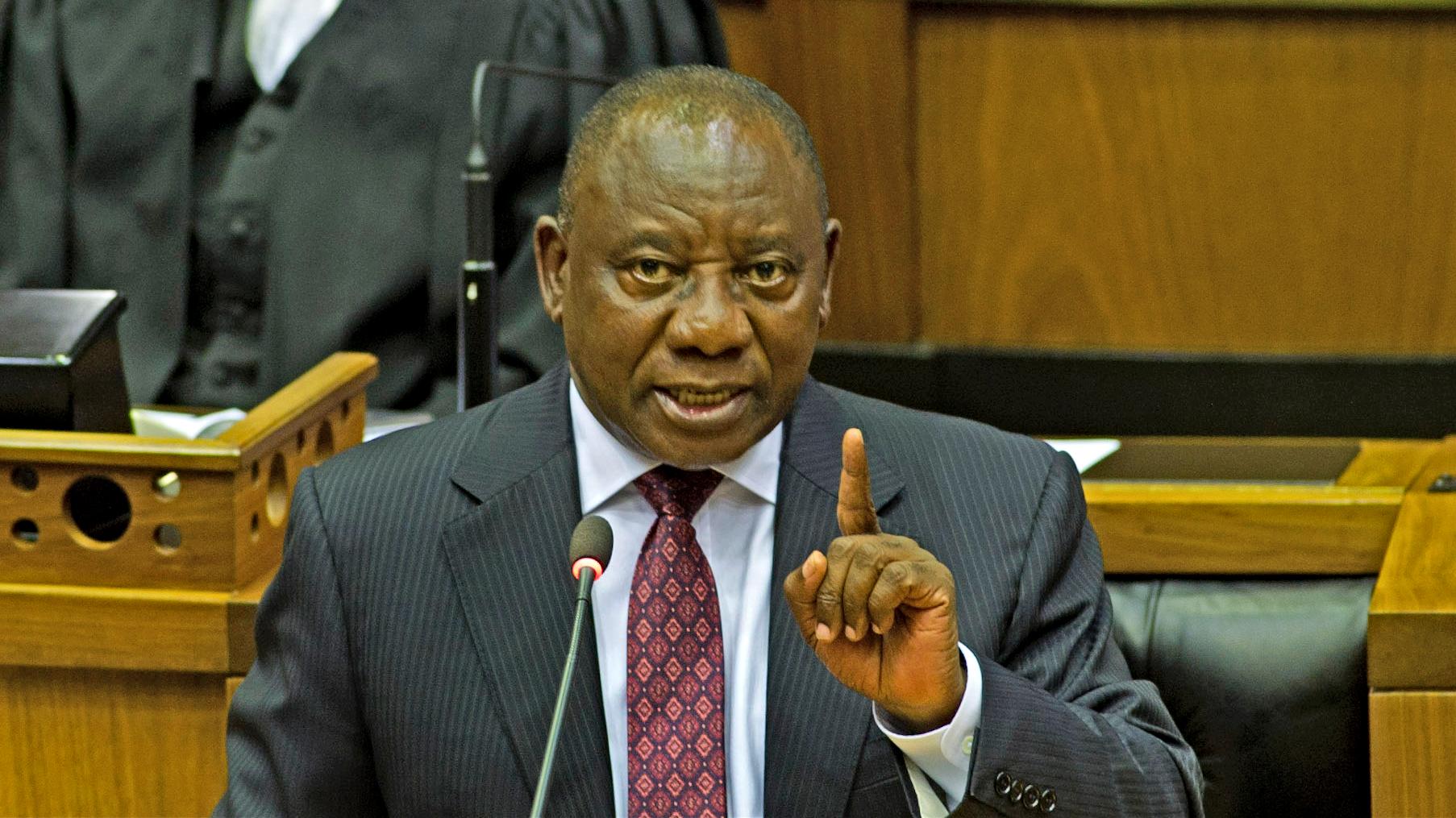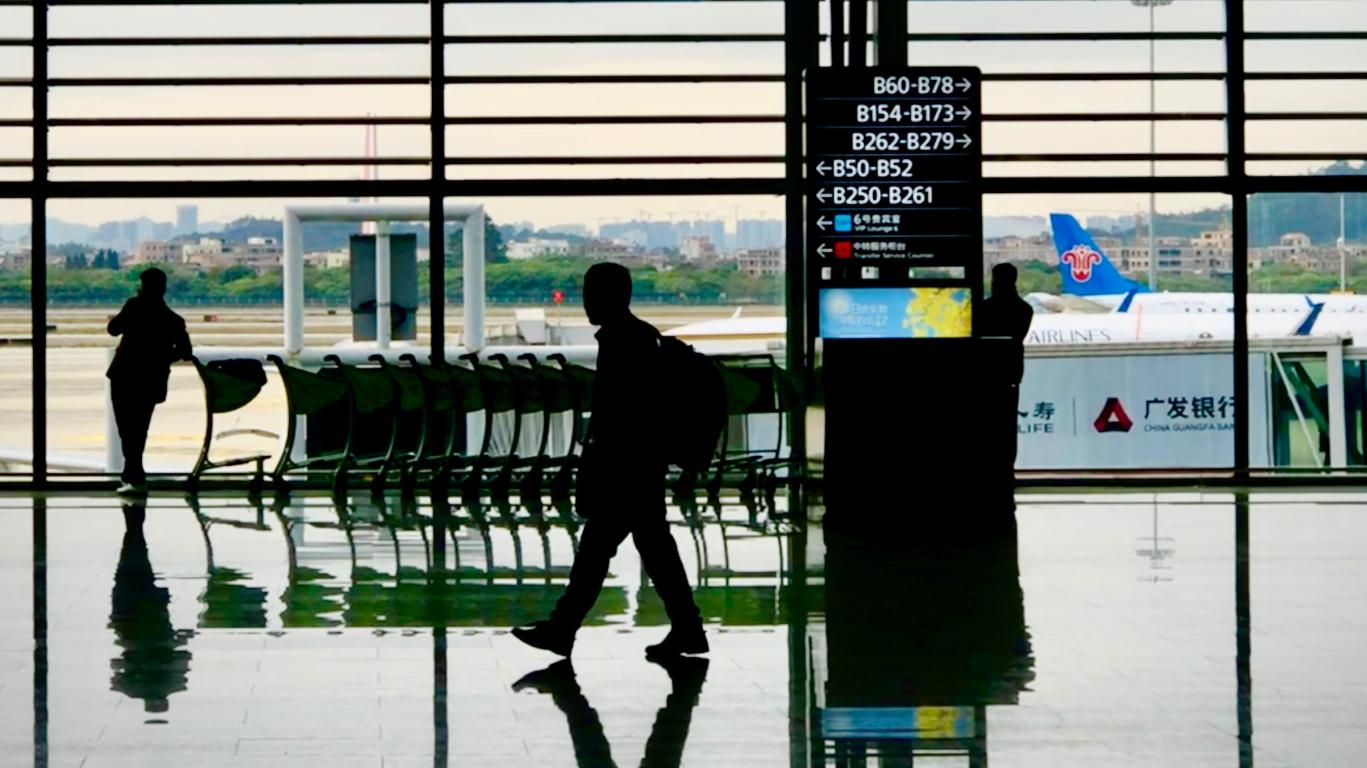In the current global pandemic, there is a lot that can be learned from past epidemics. What is poignantly missing, however, is acknowledgement of local perspectives to disease outbreak and response. Jeremy Allouche and Dienedort Wandji argue we need to better understand how individuals and local communities in Africa, and beyond, have learnt and developed social, cultural and institutional mechanisms to deal with protracted crises.
Learning from past epidemics
With the current Covid-19 pandemic outbreak, our natural tendency is to look to the past for possible solutions. Experts closely following the spread of the pandemic from China to Europe have referred to the great flu of 1918 (known as the Spanish flu). News stories are littered with images of mass hospitals and female, mask-wearing stretcher bearers preparing to remove the sick and the dead.
Equally, as the disease now spreads towards sub-Saharan Africa, there has been renewed interest in the lessons learned from the 2014–16 Ebola outbreak. Ellen Johnson Sirleaf, the former president of Liberia, recently declared that ‘In Liberia, we emerged resilient from the Ebola epidemic, and stronger as a society, with health protocols in place that are enabling us to manage the Covid-19 disease.’ Tracing the chain of transmission and trust, it seems, are the most important lessons that can be applied again in the current crisis.
Interestingly, all these debates share a commonality – focussing on the epidemic and its response by governments, the scientific and medical communities, the United Nations and other leading international organisations. Yet, what is missing from this high-level repertoire of advice is the voice of local community members themselves. For years, global development and humanitarian actors have promoted a local turn (such as the Sendai Framework, the Grand Bargain, the New Deal for Engagement in Fragile States and the International Health Regulations).
Despite acknowledging the importance of community approaches, however, the global community is still very much following a top-down approach and it has struggled to understand community-level dynamics and factor them into their programmes. In some ways, this is representative and symptomatic of those working on crisis and shocks, where there is a disciplinary disconnect research-wide between those studying natural disasters, those studying protracted conflicts and those studying epidemics.
In a new Global Challenge Research Fund (GCRF) project, Islands of Innovation in Protracted Crises, we will take up this challenge to break down disciplinary siloes to better understand how individuals and local communities have learnt and developed social, cultural and institutional mechanisms to deal with multiple shocks.
Towards a more localised understanding
Past work carried out by social scientists and anthropologists on the Ebola epidemic has already highlighted the importance of responses from below. At the same time, awareness and respect for customary procedures and working with communities to adapt burial arrangements were key to stopping the transmission of disease in particular villages.
The Democratic Republic of Congo (DRC), one of the study countries for our new GCRF project, is an interesting case study. In February 2020, after the death of some 2,200 people, the Ebola epidemic ended. For many commentators and practitioners this was a welcome development. The country had, after all, suffered from corruption at central government level, the securitisation and militarisation of the region, and militias regularly attacked Ebola treatment centres. Admittedly, over the course of 19 months, the global community and local authorities did funnel a significant amount of money and personpower into the response, but aid in turn became a focus for competition between armed groups and the role of local communities remained unheard. Although the epidemic was contained in the end, the intervention showed more broadly how longer histories of ‘protracted crises’ intersect with sudden events, with unexpected consequences, which standard responses fail to engage with.
Part of the reason for the limits of these standard approaches may lie in the ignorance of outsiders. There is a particular trauma in these communities as a result of conflict and wars, epidemics and natural hazard disasters that is often misinterpreted as despair. They are also frequently ignored or misunderstood by humanitarian workers, national governments and global policy makers. In addition, fear and stigma act as a deterrent. At the peak of the Covid-19 epidemic in China, public messaging about preventive measures worldwide was seriously undermined by a toxic racialising discourse that blamed victims, including survivors. Moreover, as the pandemic is reaching Africa, a daily newspaper with a wide readership in Cameroon headlined ‘Cameroon contaminated by its diaspora’. A similar discourse is emerging in many other African countries.
If we are to bring about positive change, and to address the current global pandemic challenge, we need to learn from the experiences and practices of indigenous and hybrid local community approaches. Turning to the past for solutions will provide the scaffolding, but the voices of local communities will provide the building blocks.
Photo: Ebola response teams are carefully kitted out before entering people’s homes for decontamination. ‘Safety suits for the decontamination team’ by Corporal Paul Shaw/MOD is licensed under creative commons (CC BY 2.0).






Interesting article. In my country things with indigenous communities are not that easy because somehow they are all, or most of them, very much exposed to ¨Western type of Life¨. If we look further for genuine aboriginal communities we will find them but a lot of hurdles most be overcome to reach them besides trust us. I think we haven´t been hit by a pandemic so far and Coronavirus will be the first, but Yellow fever, mosquitoes and other types of sickness do not compare to Corona virus. Some how indigenous communities have survived by applying their natural medicine procedures because we have fail to reaching them and make them citizens of this world.